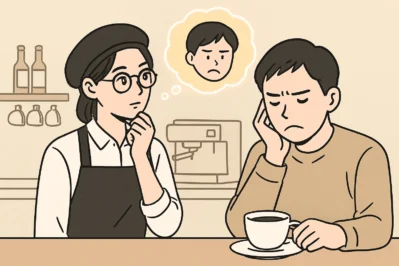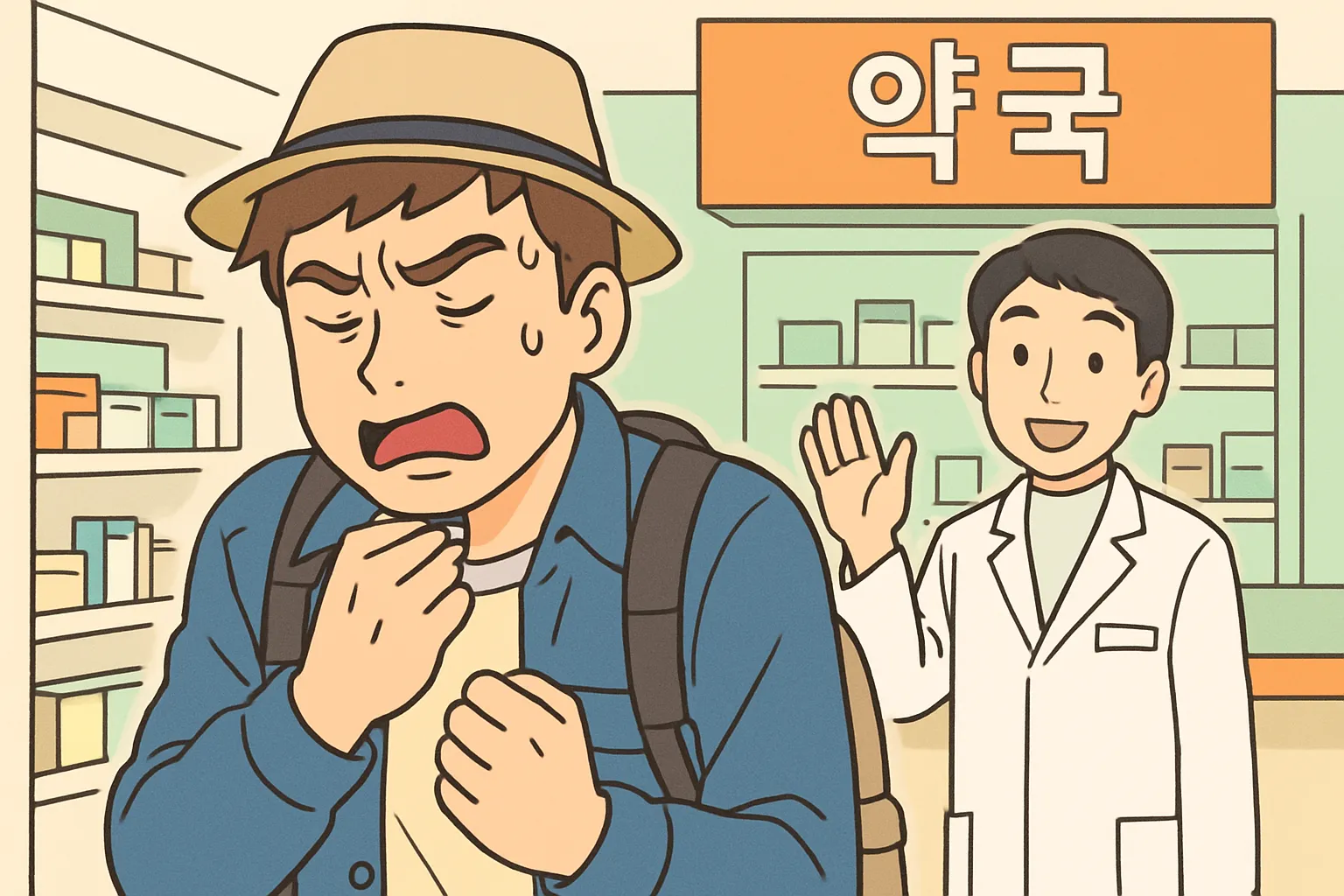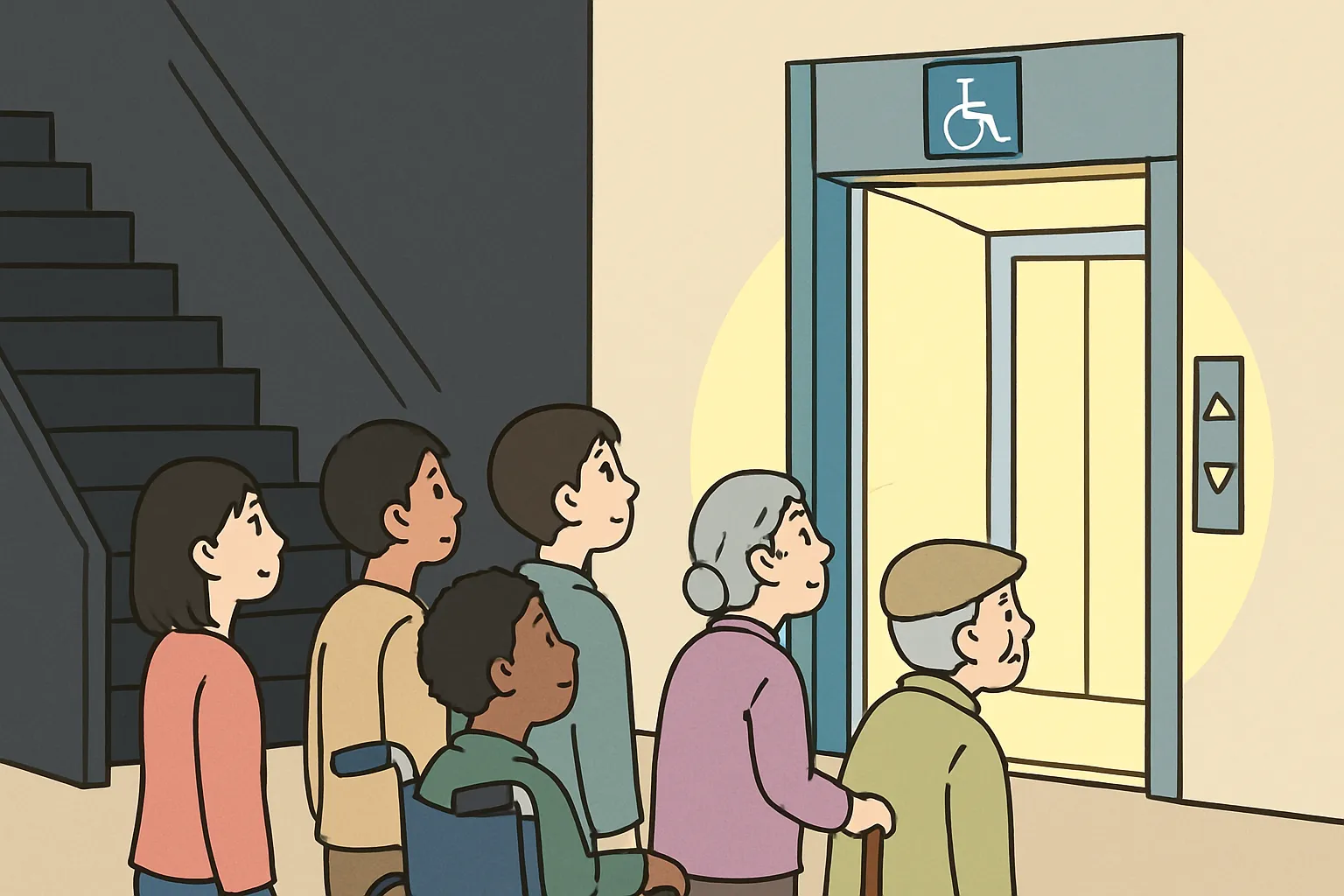Guess Like a Pro: Master Korean for Customer Service!
Hello everyone! It’s your friendly teacher from [Daily Hangul], here to upgrade your Korean skills!
Have you ever seen someone looking unhappy and wanted to figure out why? Or maybe you work in a service job and need to understand customers better? Today, we’re going to learn how to make smart guesses and assumptions in Korean. This is super useful in everyday life, especially when dealing with people.
Lately in Korea, there’s a hit K-drama called “The VIP Lounge” about the staff at a luxury department store. The main characters are always trying to guess why their high-profile clients are upset. By learning today’s expressions, you’ll sound just like them and be able to handle any situation with skill and empathy! Let’s dive in!
Core Expressions: The Art of Guessing
Here are three essential patterns to turn you into a mind-reader, Korean style!
1. -(으)ㄴ/는 것 같다 (It seems/looks like…)
- Pronunciation: [-(eu)n/neun geot gat-da]
- English Meaning: It seems like… / I think that…
- Detailed Explanation: This is the most common and versatile way to express a guess or an opinion softly. You can use it for almost any situation. It’s much softer than saying “It is…” (이에요/예요), making you sound more polite and less assertive.
- Use -(으)ㄴ 것 같다 for adjectives and past tense verbs. (e.g., 비싼 것 같다 – seems expensive; 온 것 같다 – seems like they came)
- Use -는 것 같다 for present tense verbs. (e.g., 가는 것 같다 – seems like they are going)
- Use -(으)ㄹ 것 같다 for future tense. (e.g., 올 것 같다 – seems like they will come)
2. -나 보다 / -(으)ㄴ가 보다 (I guess… / It must be…)
- Pronunciation: [-na bo-da / -(eu)n-ga bo-da]
- English Meaning: I guess… / It seems that… / It must be that…
- Detailed Explanation: This pattern is used when you are making a guess based on some evidence or observation. You saw or heard something that made you think this way. It feels a little more certain than
것 같다. It’s very common in spoken Korean among friends.- Use -나 보다 with verbs. (e.g., 손님이 화가 많이 났나 봐요. – I guess the customer is very angry.)
- Use -(으)ㄴ가 보다 with adjectives. (e.g., 음식이 매운가 봐요. – I guess the food is spicy.)
3. -(으)ㄹ 텐데 (It’s probably… / I would expect…)
- Pronunciation: [-(eu)l ten-de]
- English Meaning: It is expected to be… / It is probably… so/but…
- Detailed Explanation: This expression shows a strong assumption or expectation about a situation. It’s often followed by a contrasting situation, a suggestion, or a question. It implies, “This is the likely reality, so why is something else happening?”
- Example: 주문이 금방 나올 텐데, 왜 이렇게 안 오죠? (The order should be out soon, why is it taking so long?) It shows your expectation (it should be out soon) and the contrasting reality (it’s not here).
Example Dialogue
Imagine two part-time workers, Minjun (A) and Sora (B), at a trendy cafe in Seoul, watching a customer.
A (민준): 저 손님 표정이 안 좋은 것 같아요. 무슨 일 있을까요?
[Jeo son-nim pyo-jeong-i an jo-eun geot gat-a-yo. Mu-seun il iss-eul-kka-yo?]
That customer doesn’t look very happy. I wonder what’s wrong.
B (소라): 음… 커피가 너무 쓴가 봐요. 계속 인상을 쓰시네요.
[Eum… keo-pi-ga neo-mu sseun-ga bwa-yo. Gye-sok in-sang-eul sseu-si-ne-yo.]
Hmm… I guess the coffee is too bitter. They keep frowning.
A (민준): 아, 아니면 자리가 불편한 것 같아요. 아까부터 계속 뒤척이세요.
[A, a-ni-myeon ja-ri-ga bul-pyeon-han geot gat-a-yo. A-kka-bu-teo gye-sok dwi-cheo-gi-se-yo.]
Ah, or maybe I think their seat is uncomfortable. They’ve been fidgeting for a while.
B (소라): 그럴 수 있겠네요. 더 편한 자리가 있었을 텐데, 저희가 안내를 잘못했나 봐요.
[Geu-reol su it-gen-ne-yo. Deo pyeon-han ja-ri-ga iss-eoss-eul ten-de, jeo-hui-ga an-nae-reul jal-mot-haet-na bwa-yo.]
That could be it. There was probably a more comfortable seat available, but I guess we guided them to the wrong one.
Culture Tip & Trend Deep Dive
In the hit drama “The VIP Lounge,” the ability to read a situation without direct conversation is a key skill. This reflects a part of Korean culture called 눈치 (Nunchi), which is the subtle art of understanding other people’s thoughts and feelings from their non-verbal cues.
When you use expressions like -나 보다 or -는 것 같다, you’re not just guessing; you’re showing your Nunchi! You are demonstrating that you are paying attention and are considerate of the other person’s feelings. So, when you’re in Korea and you see your friend looking tired, instead of asking directly “Are you tired?” (피곤해요?), you can soften it by saying “피곤한 것 같아요” (You seem tired) or “어제 못 잤나 봐요” (I guess you didn’t sleep last night). This shows you are a thoughtful and skilled communicator!
Let’s Review & Practice!
Great job today! We learned three awesome ways to make assumptions and guesses:
* -(으)ㄴ/는 것 같다 (General guess/opinion)
* -나 보다 / -(으)ㄴ가 보다 (Guess based on evidence)
* -(으)ㄹ 텐데 (Strong expectation, often with a contrast)
Now it’s your turn! Try this mini-quiz.
Practice Question:
Your friend ordered food an hour ago, but it still hasn’t arrived. They look very hungry. How would you express this situation using one of today’s patterns?
Fill in the blank: 친구가 배가 많이 _______. (고프다 – to be hungry)
Leave your answer in the comments using one of the expressions we learned today! We’d love to see you try them out. See you next time






